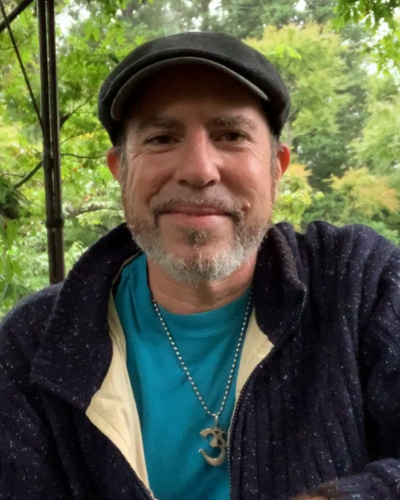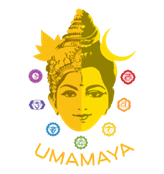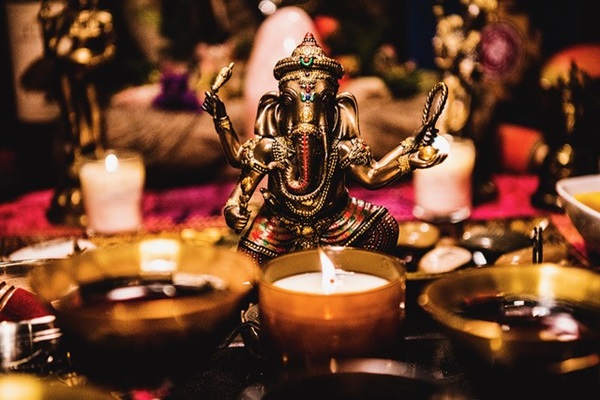Determinism is an argument developed by pre-Socratic philosophers (circa 7th century B.C.E.) that states that all events ultimately originate with causes external to individual free will. It’s a common debate in every philosophy 101 class. It’s a debate that can never be reconciled one way or the other, simply because there is no way to prove the hypothesis. The argument is forever confined to a priori reasoning, that is, reasoning or knowledge which proceeds from theoretical deduction rather than from observation or experience.
Students of the wisdom traditions often encounter teachers espousing a priori arguments as empirically determined facts, otherwise known as a posteriori statements, or those statements based on, not only personal experience, but more to point, empirical evidence. This is treacherous ground. One needs to be vigilant in the sorting of one from the other, because opinion is just that, as are facts.
Even more treacherous is the No True Scotsman fallacy that will find a teacher supporting a claim to evidence, by falsifying a counter-argument with non-substantive rhetoric (i.e., Scotsmen do not put sugar on porridge = observable, experiential fact. But my uncle is a Scotsman and he puts sugar on his porridge = counter argument. Yes, but no true Scotsman puts sugar on his porridge = The fallacious counter.)
Nowhere is the ground of being more fertile for growth, and more rife with weeds and critters, than in the world of philosophical discussion. Philosophy, most often characterized by questions of ontology, or those concerning the fundamental nature of reality and existence itself, includes every branch of mysticism and metaphysics, every tradition from every continent, and absolutely must be viewed and engaged with through a lens of sovereignty – that is, with sole recourse to a personal autonomy that absolutely forbids oneself to believe what one is being told, until unless evidence is produced to substantiate the claim.
Non-dual traditions like Kabbalah, Kashmiri Saivism, Taoism and others, are notorious for the confabulated arguments of their teachers, precisely because there really is no way to substantiate the truth of some of the bolder statements. This is a seriously challenging pitfall for a newcomer to the traditions to overcome.
We want to trust our teachers. We want to believe that the path we are following will not fall out from under us somewhere down the line. We want to walk forward confidently. If that is the case, then you must arm yourself, not with self-righteousness, and certainly not with abject surrender, but with responsibility for your personal authority and capacity for insight and discernment. This, after all, is what the wisdom traditions would ultimately see you become – wise, insightful, and free.
One of the biggest problems that the non-dual traditions seek to reconcile in the teachings, is the need to conduct all work, and all discussion, within the confines of a dual paradigm. You might find teachers contorting themselves into all manner of funny shapes to support a point. This is most evident when we find an invocation of divinity. In other words, this is true because the divine has said it’s true. Divine providence – who can argue with that, after all? You can!
Take, for instance, the Kabbalah. The Kabbalah isn’t a person, but rather a collection of wisdom teachings originating as recently as the 12th century C.E., reinterpreted again during the 16th century C.E., bent to serve the causes of occult mystics of the 19th century C.E., but revealed under good scholarship of the 20th century C.E. to have deep enduring roots found as far back as the writings of torah in the 5th century B.C.E.
A foundational tenet of the torah, and subsequently the Kabbalah, is that there is a First Principle, a Source, or a Divinity and Progenitor of all. This is the basis for all non-dual thought systems, and the interconnection of source with all that it begat, forms the basis for the values teachings that will come next. Here’s where things start to get cultural, because we human beings love to personify our ideas. We name psychological attachments and egregores as independent entities. We put our gods atop mountains and give them homes and baths and mortal desires. We put a face to every idea and call it true. And teachers are often guiltiest of taking this to the extreme.
We invented God. Blasphemy! We invented that, too.
Yes, there is something. Who am I to put a name to that? Nobody. I’m just a spec of dust. Like you. And with that acknowledgement, you might be on your way to an authority that will allow you to sort wheat from chaff.
For on the holy Kabbalah’s Tree of Life, God has been given 10 names. But the androgynous God that He is, is suddenly gender-specific when we speak English, because we don’t do gender in our language like the Hebrews do, so we’re already missing a huge point of order from the very beginning of the teaching! The bias, and/or integrity of the teacher will establish the pace and direction of the class as it proceeds, however the student doesn’t know what the student doesn’t know either. This is crucial, and this is crushing, because the teacher makes the student if the student lets her. Don’t let him.
Don’t trust the teacher, but learn to use the teacher, as a guide and support of your research. The Sherpa guides you up the mountain, but you’re doing the trekking yourself. Trust to a certain point, but watch your own footfalls! Not to be walking up that mountain with a blindfold over your eyes, and earbuds in your ear, but rather eyes wide open on reality, and learn to research like a PhD student if you’re really that interested in the subject.
I caution on the idea of knowledge discrimination in my book: The Rainbow Sutra. It is a short, worthy read, written expressly for Yoga Teachers and Students in Training for Certification, but also for every student of spirituality. I also get into this subject in the second of a series of Yoga Satsangas presented to my mentoring group Real Awakening, wherein we explore the Indian wisdom teaching known as the Bhagavad Gita. I highly recommend you take a look at these two offerings, and gear your own mind towards the differentiation of knowledge that is presented to you as you journey forward into deeper explorations of your interests.

…is a Saiva Tantrika, Gyana Yogi and founder of Uma Maheshwara Yoga & Ayurveda. David has an MA in Semiotics, lives in Japan with his family and works as a coach in L & D, devoting his time to developing science-based tools and programs that help people reach the fullest potential of the human condition.
Discover more from REAL YOGA
Subscribe to get the latest posts sent to your email.


